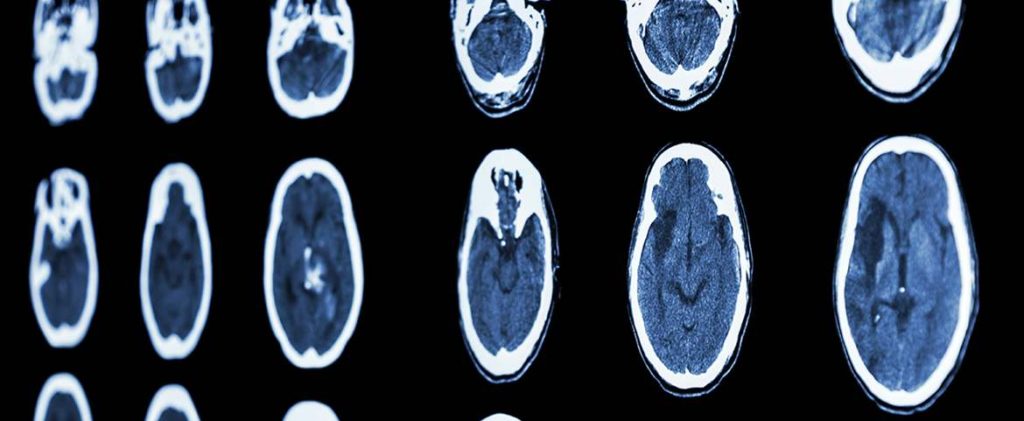Vascular Dementia

What is vascular dementia?
Vascular dementia is a condition that leads to a decline in cognitive skills due to inadequate blood flow to the brain, which deprives brain cells of oxygen and nutrients, killing small-but-vital areas. Also known as multi-infarct dementia (MID), the condition has been widely considered to be the most common forms of dementia, affecting up to 4% of Americans over the age of 65 – or one in every 25 seniors. It is now known however that pure multi-infarct dementia is actually quite rare; but that often vascular disease co-exists in the brain with the plaques and tangles of Alzheimer ’s disease.
As with other dementias, the damage that causes the symptoms is irreversible. Vascular dementia, however, has a key difference – it can be somewhat avoidable. Living a healthy lifestyle and ensuring an early, accurate diagnosis are key steps that may help keep vascular dementia at bay or at least limit its effects.
Vascular Dementia Symptoms
Depending upon the severity of the incidents causing the damage, changes from vascular dementia can happen suddenly or gradually. A stroke or blood vessel blockage may cause symptoms affecting thinking and perception that are almost instantly identifiable:
- Confusion
- Disorientation
- Trouble speaking and/or understanding speech
- Loss of vision
These changes may occur in conjunction with familiar stroke symptoms, like a sudden headache, mobility issues or numbness/paralysis localized to one side of the face or body.
A series of minor strokes or issues affecting smaller blood vessels may create more subtle changes that are less noticeable immediately, but present themselves as damage accumulates. This type of damage often leads to symptoms such as:
- Diminished planning/judgment abilities
- Declining ability to focus or think abstractly
- Impaired social abilities
- Apathy
- Vocabulary difficulties
Vascular Dementia Diagnosis
Dementias, particularly those with a gradual onset, can often be difficult to recognize early on. In the case of vascular dementia, a mental status testing (assessing reasoning, thinking and memory) is recommended for individuals with high risk factors:
- Previous stroke or transient ischemic attack (TIA, also known as a “ministroke”)
- High blood pressure
- High cholesterol
- Circulatory disease
- History of smoking
- Diabetes
Depending upon the results of that assessment, tests such as imaging scans and lab exams may be recommended.
Treatment & Prevention of Vascular Dementia
There are modifiable risk factors that can help reduce the risk of developing Vascular Dementia. They include getting regular exercise, treating hypertension and hyperlipidemia, not smoking, and avoiding diabetes.


